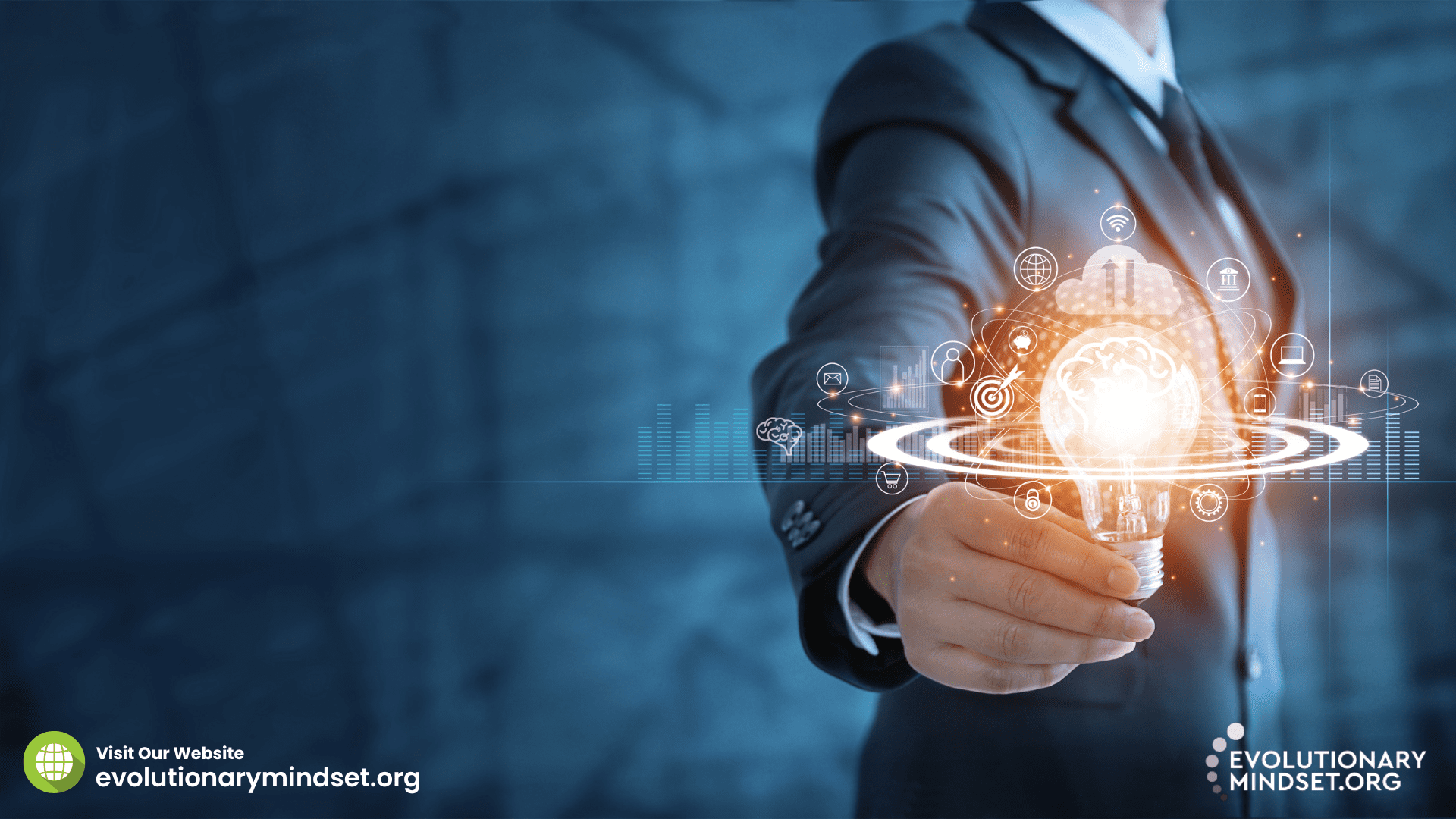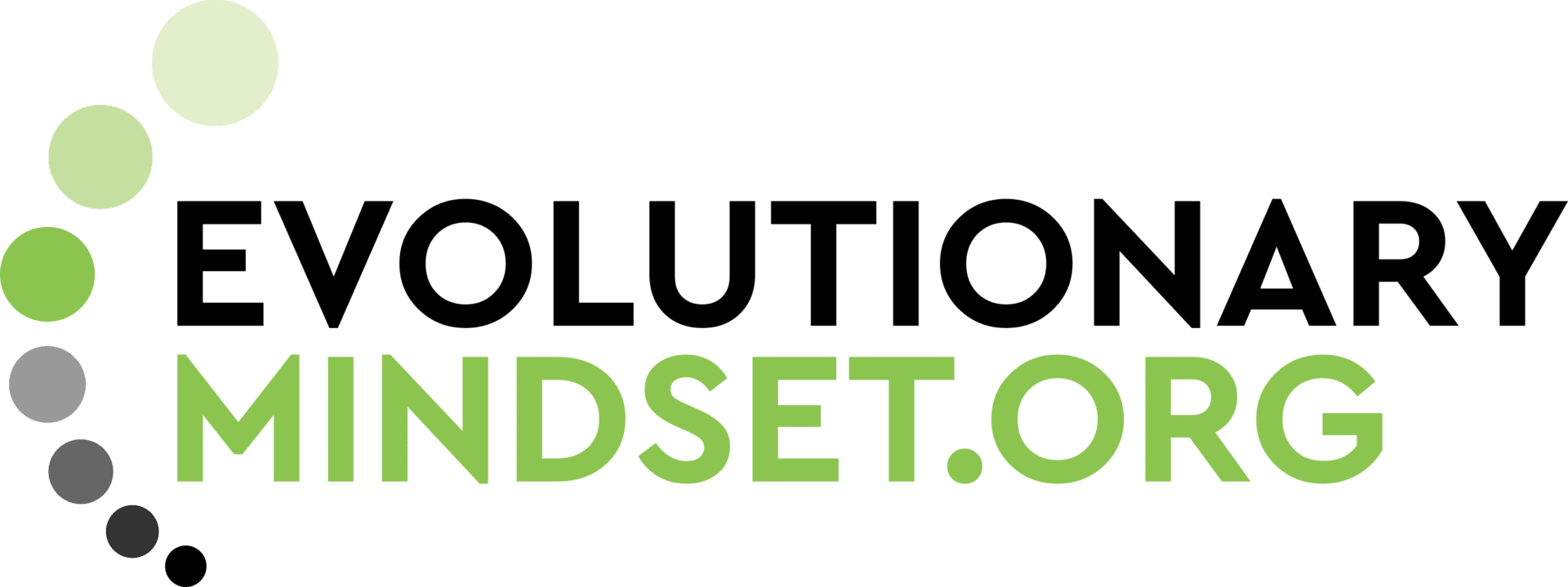
Unlocking Growth and Innovation: Understanding the Evolutionary Approach
Embarking on a journey into the science of evolution for managing adaptive environments has proven to be transformative for individuals and organizations alike. The evolutionary approach, rooted in the functionalist principle offers a comprehensive framework to understand and manage complex adaptive systems across various domains, from individual development to business growth.
At the core of the evolutionary approach lies the recognition that every living entity, from individuals to teams, companies, and entire cultures, operates as an adaptive system. This system is characterized by a unified field comprising a believed future scenario (purpose), an active and entropic function (supplementation), and an energy conservation function (complementation). The interplay of these elements, governed by complementation and supplementation laws, defines the evolutionary science behind complex adaptive systems.
The functionalist principle, originating with the Unicist Research Institute was initiated in 1976, asserts that every entity in the universe serves a purpose and operates within a system that fills an active function for growth or an energy conservation function for survival. This principle becomes a guiding light for understanding and managing processes within systems, emphasizing the root causes of problems based on evolutionary science.
A distinctive feature of the evolutionary approach is its binary and triadic structure. The binary aspect, involving supplementation and complementation functions, ensures the functioning of an entity or process. Despite being intrinsically opposite, both functions are indispensable for the system’s operation. The triadic aspect, known as the unified field, intelligently integrates binary actions, keeping systems in balance through a “Yin and Yang” principle.
The unified field, consisting of a believed future scenario, an action principle, and an energy conservation principle, forms the foundation for managing complex adaptive systems. This strategic framework enables the emulation of the intelligence, organization, and evolution observed in natural systems, fostering growth and success.
Evolutionary thinking, an integral part of the approach, progresses through three levels of knowledge: dogmatic and common-sense knowledge, empirical knowledge based on sciences, and conceptual knowledge dealing with functionalist principles. This knowledge empowers individuals and organizations to understand the root causes of behaviors, design conceptual strategies, and optimize operations within unified fields.
Ethical intelligence emerges as a crucial aspect within the unified field, influencing the levels of conceptual ethics an entity possesses. From survivor ethics, earned value ethics, and added value ethics to foundation ethics and conceptual ethics, entities evolve in their ability to add value, influence the environment, and operate ethically within their adaptive systems.
Conceptual ethics, associated with high-level evolutionary intelligence, involves managing relationships and environments with altruistic motivations, focusing on the greater good and deeper truths of objectives. This level of ethical intelligence aligns with an entity’s conceptual thinking ability, ranging from operational to analytical, scientific, and ultimately, conceptual thinking.
The evolutionary approach extends its relevance to managing adaptive business environments. It emphasizes the importance of understanding the “why” of events for effective strategy development. By incorporating the functionalist approach and utilizing fundamentals-based artificial intelligence, organizations can predict and manage adaptive environments logically.
In conclusion, the evolutionary approach offers a profound understanding of the dynamics of adaptive systems and provides a strategic toolkit for individuals and organizations to navigate the complexities of growth and innovation. By embracing the principles of purpose, active and entropic functions, and ethical intelligence, entities can evolve towards conceptual ethics, fostering a sustainable and prosperous future.
Looking to learn more? Feel free to read the rest of my blog or check out my book EVOLVE FOR GROWTH available on Amazon: https://amzn.to/3QY2ONB
